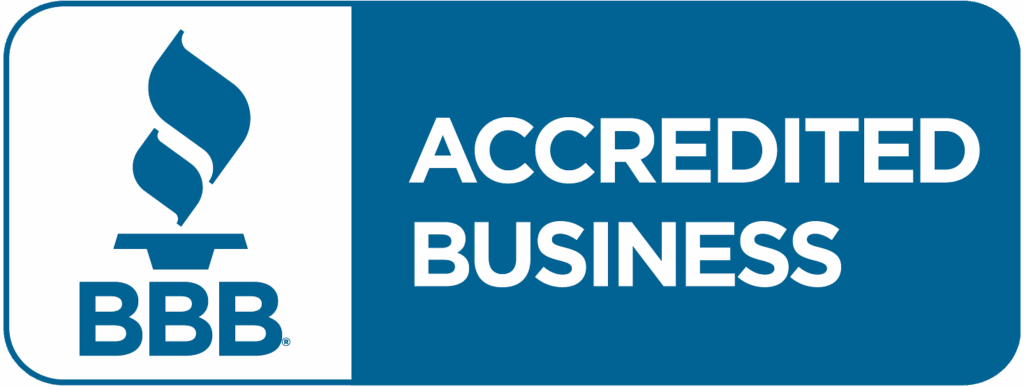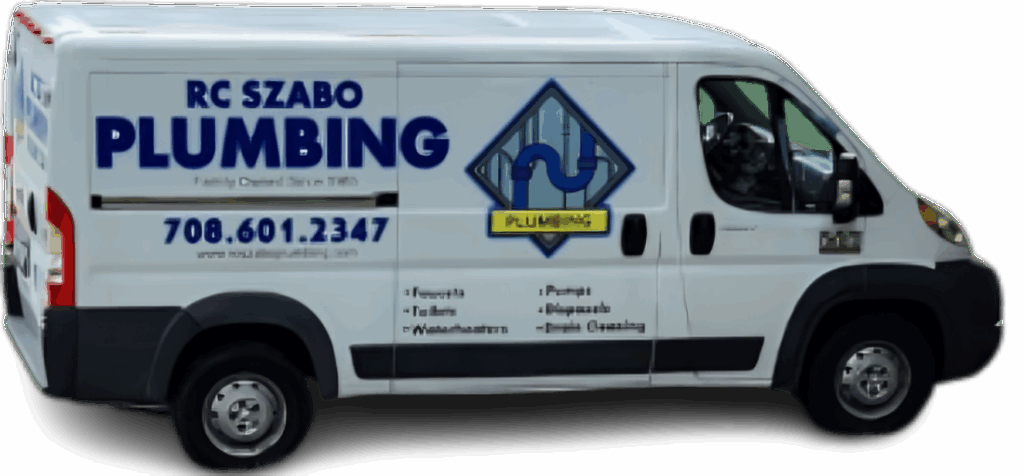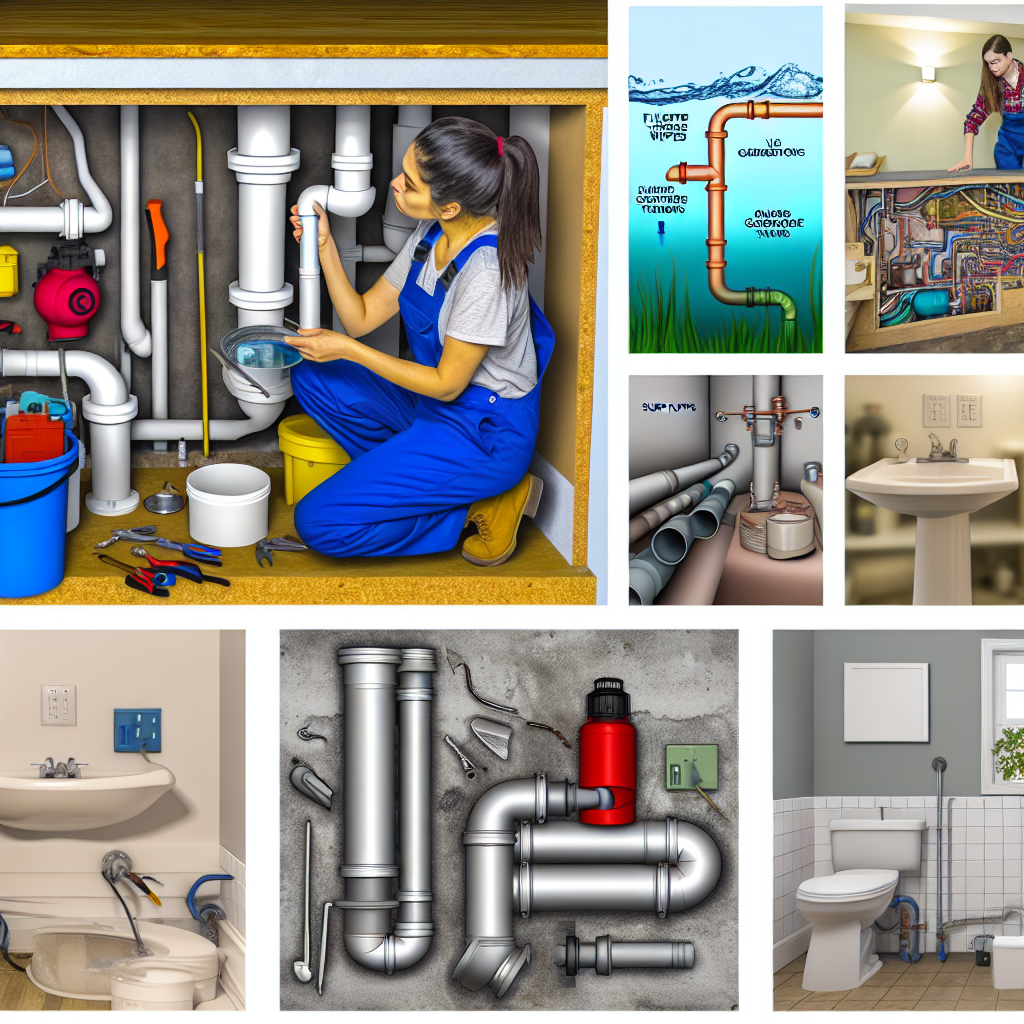How to Hire the Right Plumbing Contractor for Your Home or Property
In this post, we’ll break down how to vet plumbing professionals, what red flags to watch for, and why the cheapest bid could cost you the most. If you’re searching online for “plumber near me,” don’t hit that call button just yet—read this first.
Why Hiring the Right Plumbing Contractor Matters
The plumbing system is the hidden lifeline of any building. When it’s flawed, it can lead to mold, burst pipes, water damage, and even health risks due to contamination. Poor installation or oversight by an unqualified contractor can jeopardize warranties, violate local codes, or compromise long-term durability.
Key plumbing issues from bad contractors:
- Recurring leaks or water damage
- Improper pipe sizing reducing water pressure
- Code violations resulting in failed inspections
- Inefficient fixture installation increasing utility bills
- Mold and mildew due to poor drainage systems
Step-by-Step: How to Select the Right Plumbing Contractor
Here’s what you should do before signing a contract, cutting a check, or ripping into drywall.
1. Confirm Licensing and Insurance
Licensing ensures your contractor understands local plumbing codes and safety regulations.
Ask the contractor:
- Are you licensed in this state? (Request the license number.)
- Do you have general liability insurance and workers’ comp?
- Can you provide proof of bonding?
🔍 Pro Tip: Use your state’s license lookup tool to verify credentials match what the contractor claims.
2. Review Their Reputation
Online reviews can be helpful, but be sure to drill deeper.
Evaluate:
- Google and Yelp reviews (read both 5-star and 1-star experiences)
- Better Business Bureau standing
- Testimonials on their website vs. third-party platforms
- Portfolio showcasing similar work
Red flags:
- More than a few mentions of “unfinished jobs”
- Lack of response to complaints
- No obvious address (PO box isn’t ideal)
3. Evaluate Communication and Professionalism
This isn’t just about being “nice”—communication reflects how they’ll manage your project.
Gauge their professionalism by checking:
- How quickly they respond
- Whether written estimates are timely and detailed
- Whether they explain their recommendations in plain language
- Whether they offer itemized quotes vs. total-only lumpsums
4. Understand Their Scope and Experience
You wouldn’t hire a kitchen plumber to do a complex commercial re-pipe. Make sure their background fits your need.
Match expertise with the job:
- Residential plumbing for home improvements and repairs
- Experienced in multi-unit or commercial buildings for property managers
- Certified for specialty systems like radiant heating or gas lines
🛠️ Example Questions:
- How many projects like mine have you completed?
- What brands or systems do you commonly install?
- How do you handle unexpected changes during the job?
5. Compare Bids Wisely: Value vs. Price
The lowest bid isn’t always the best choice. A highly qualified plumber might charge more upfront—but could save you thousands long-term.
Compare quotes based on:
- Quality of fixtures & materials
- Warranty offered (labor and parts)
- Timeline commitment
- Level of detail and transparency
⛔ Warning Sign: If one bid is significantly lower than others, ask: “Have you included all materials and labor in your estimate?”
8 Contractor Red Flags You Shouldn’t Ignore
- Avoids writing a detailed contract or estimate
- Lacks proper license or hesitates to show proof of insurance
- Pushes quick decisions or demands large upfront payments
- Provides vague timelines or won’t commit to deadlines
- Negative or inconsistent online reviews
- Refuses to answer technical questions
- Doesn’t pull permits when required
- Offers only verbal assurances, not written warranties
💡 Did You Know? Some municipalities fine property owners—not contractors—for failure to secure a proper plumbing permit.
Questions You Should Absolutely Ask Before Hiring
Here’s a handy list to keep when interviewing plumbing contractors:
- How long have you been in business?
- What’s your license class and jurisdiction?
- Do you specialize in residential, commercial, or mixed-use projects?
- Will you pull permits if required?
- Can I see a sample service contract?
- What brands or parts do you recommend and why?
- What warranties do you offer?
- Who will be performing the work—your team or sub-contractors?
- How do you handle change orders or scope adjustments?
- How are payments structured?
- What is your estimated start and finish date?
What Makes a Great Plumbing Contractor Stand Out?
Not all plumbing contractors are created equal. Look for those who:
- ✅ Offer fixed pricing and transparent quotes
- ✅ Communicate proactively and professionally
- ✅ Have experience across residential and commercial plumbing
- ✅ Stay educated on current building codes and technology
- ✅ Utilize high-quality tools and materials
- ✅ Provide post-project inspection and warranty support
Contractors vs. Handyman: Know When the Stakes Are Higher
For small tasks—like fixing a leaky faucet or replacing a showerhead—a skilled handyman may suffice. But for any of the following, hire a licensed plumbing contractor:
- Pipe replacements or system reroutes
- Fixture installations requiring permits (e.g., water heaters)
- Gas line work
- Whole-home repiping
- Sewer line inspection or repair
- Projects affecting water pressure or drainage grading
🏠 Real Estate Tip: If you’re flipping or selling a home, always use licensed contractors to avoid liability issues during future title transfers or inspections.
CTA: Don’t Leave Your Plumbing Project to Chance
Need help finding a vetted plumbing contractor? We can assess your project, connect you with licensed pros, or even review quotes you’ve already received. Whether you’re planning a remodel, managing properties, or just want a second opinion—speak with our plumbing experts before getting started.
🔧 Request a Free Quote or Contractor Review Now
Related Articles You’ll Find Helpful:
- Top 10 Questions to Ask a Plumber Before Any Project
- The Pros & Cons of DIY Plumbing Repairs
- When Cheap Plumbing Jobs Cost You More: Horror Stories from the Field
Keywords: plumbing tips, how to choose a plumber, plumber near me, vetting contractors, home plumbing advice, licensed plumber verification, plumbing remodeling contractor, general contractor plumbing, plumbing quote guide, red flags when hiring tradesmen.
*Author: Your Name, Certified Plumbing Specialist with 15+ Years in Residential and Commercial Projects.*
*Updated: June 2024*




